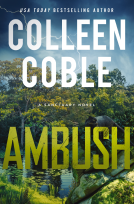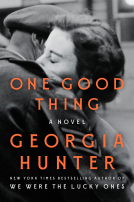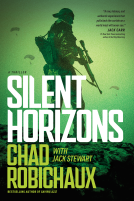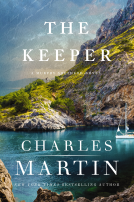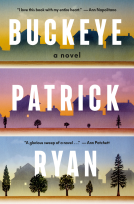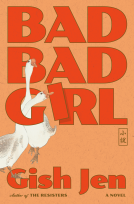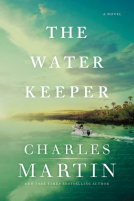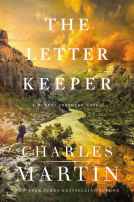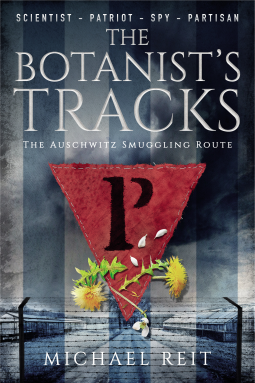
The Botanist's Tracks
by Michael Reit
This title was previously available on NetGalley and is now archived.
Send NetGalley books directly to your Kindle or Kindle app
1
To read on a Kindle or Kindle app, please add kindle@netgalley.com as an approved email address to receive files in your Amazon account. Click here for step-by-step instructions.
2
Also find your Kindle email address within your Amazon account, and enter it here.
Pub Date Mar 14 2024 | Archive Date Mar 11 2024
Talking about this book? Use #TheBotanistsTracks #NetGalley. More hashtag tips!
Description
Felicia Hodaks's vital botanical skills are the only thing keeping her away from the gas chambers.
Against the backdrop of Auschwitz-Birkenau's ever-present brutality, Felicia tends to the plants needed for one of the Reich's most ambitious experiments—one that could tip the war in favor of the Nazis.
When Sabina Kupka discovers the horrifying nature of her father's job at a coal mine run by Nazis, she agrees to work with an increasingly defiant resistance. What starts small but significant soon propels her into a frontline role—dangerous enough to cost her her life if caught.
Soon, both women are engaged in a daring plan to arm the prisoners of Auschwitz-Birkenau.
The Botanist's Tracks is the third installment in the Beyond the Tracks series and takes readers to the Nazi agricultural camp of Rajsko, a ten-minute ride from Auschwitz-Birkenau.
Based on actual events, The Botanist's Tracks is the first-ever book set primarily in Rajsko and shows the incredible ingenuity of prisoners in finding ways to rise against impossible odds.
Available Editions
| EDITION | Paperback |
| ISBN | 9783903476097 |
| PRICE | $17.99 (USD) |
| PAGES | 362 |
Available on NetGalley
Featured Reviews
This has been a most satisfactory, page-turning read! But what else could one expect from author Michael Reit!
This is a third book in the Beyond the Tracks series. However, it is easily a stand alone read. The setting is set in a most interesting experimental horticultural camp in Rajsko, Poland. This camp involved prisoner botanists such as the character Felcia and other fellow scientific prisoners, with a true-to-life Dr. Caesar overseeing the work for developing a particular species of danelions for a most unusual use that was a surprizing reveal to me. Other themes involved in this saga were the treatment of inmates in concentration camps and of the resistance efforts and connections in and outside the camps.
Even though this is a work of historical fiction, it is based on reality and therefore I have come to highly respect those most amazing and courageous participants in such efforts to potentially alleviate prisoners' plights and foil the Nazi's foul plans. In my opinion, many readers will find this a riveting read.
A 5-Star rating from me.
~Eunice C., Reviewer/Blogger~
March 2024
Disclaimer: This is my honest opinion based on the complimentary review copy sent by NetGalley and the publisher.
 Patrice G, Librarian
Patrice G, Librarian
Botanist's Tracks is another of Michael Reit's superb books about the death camps. Based on true stories, he takes an unflinching look at the horrors of the concentration camps. You feel every one of his character's fear, horror, determination and grief at the loss of friends and family. One way to survive is to make yourself useful. Felcia is assigned to work in the laboratories where they are researching plants that will produce rubber for the Nazi war effort. Sabina is not a prisoner but joins the resistance. Their narratives are told in alternating chapters.. Highly recommended, this book will make you feel and remember their stories long after finishing the book.
 Caroline P, Reviewer
Caroline P, Reviewer
The amazing story of one botanist trying to survive in Auschwitz after she was caught trying to keep her country people educated and the young teacher who joins the resistance. More please.
 Educator 641103
Educator 641103
I've read all of Michael Reit's novels and probably liked this one the best. I found the main characters extremely likeable and believable. The brutality was difficult to read and process, although I know it was honestly portrayed through the writing. I also liked the premise of the novel. It was interesting using botany as the subject and women as the main focus.
It was interesting that the novel was set in Poland since many WWII novels are set in Western Europe.


